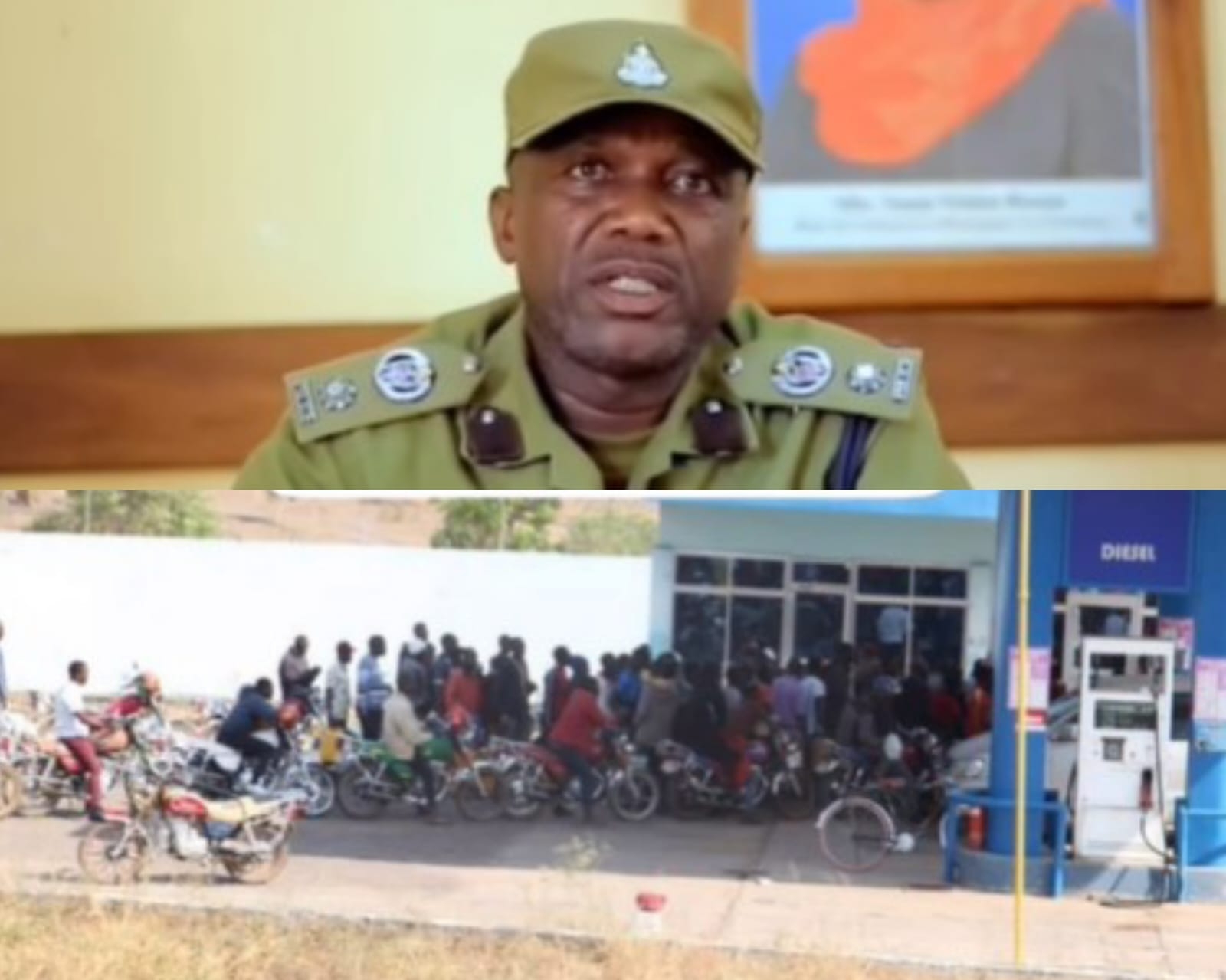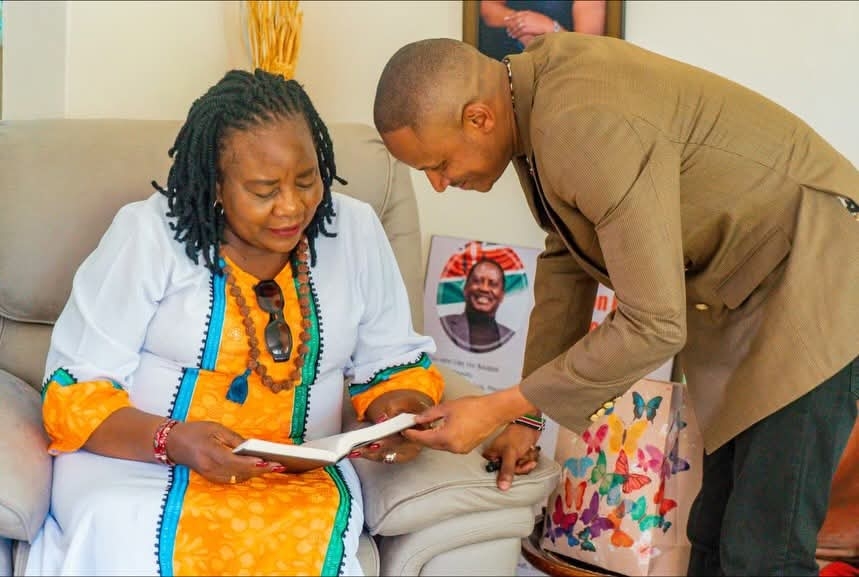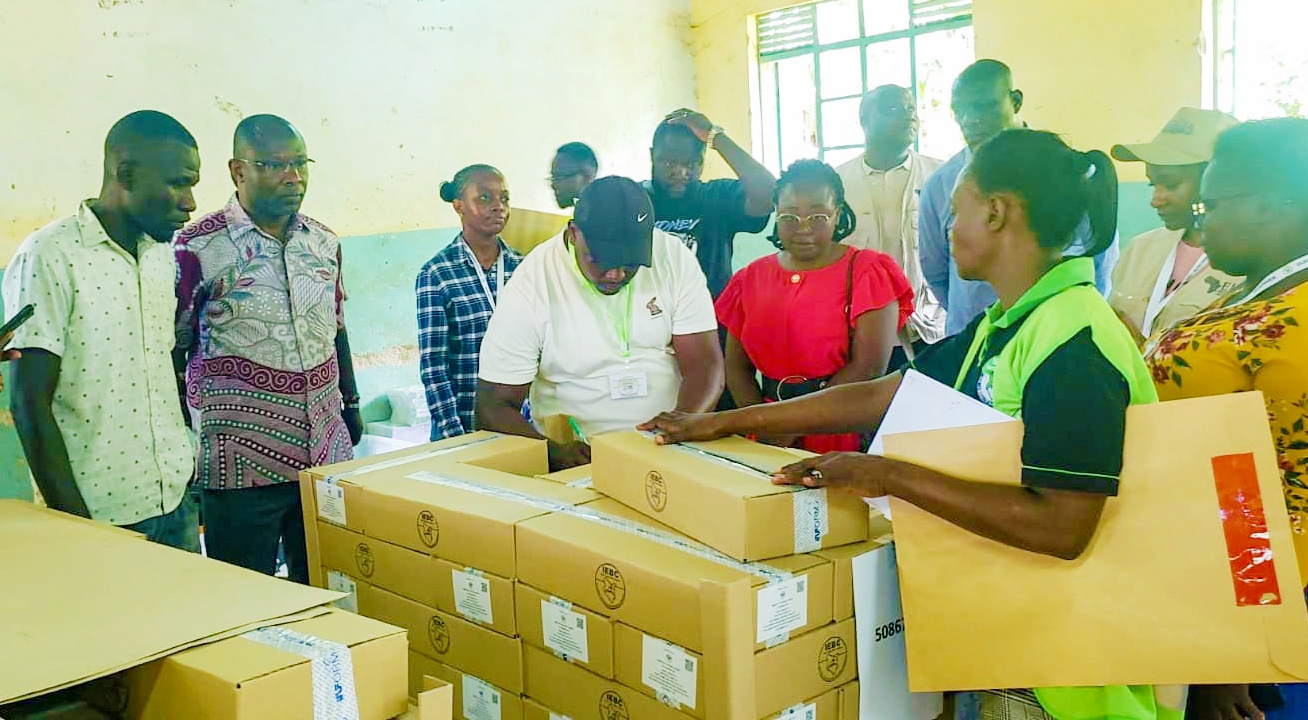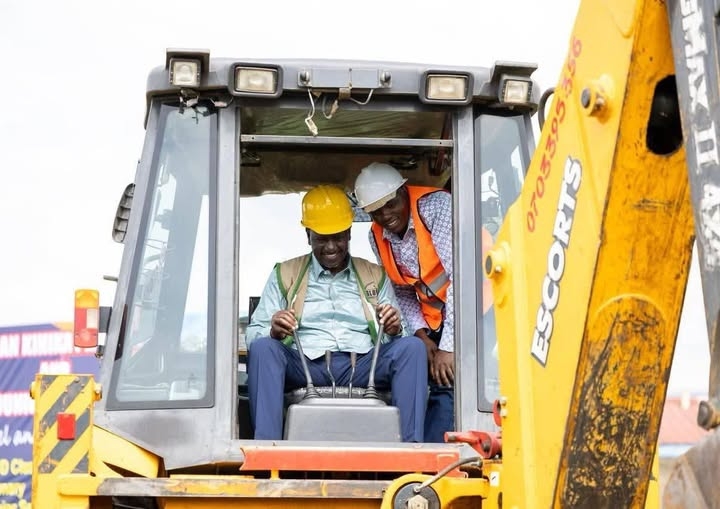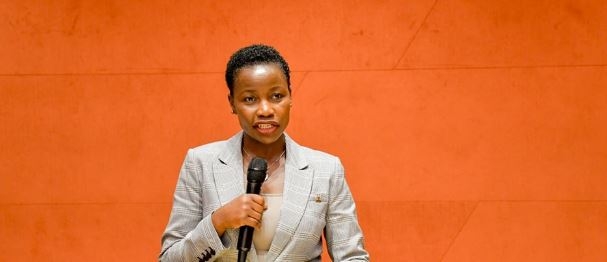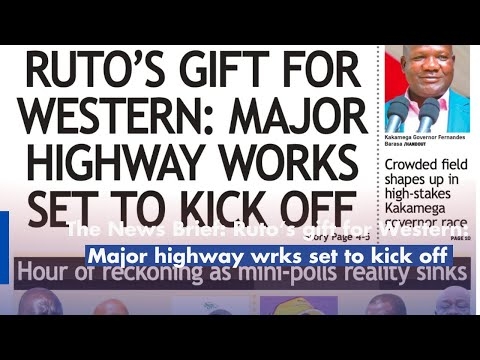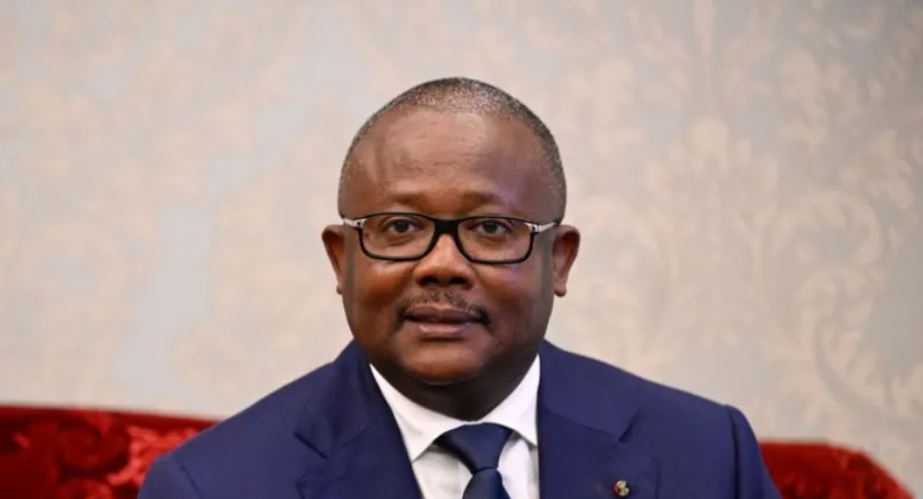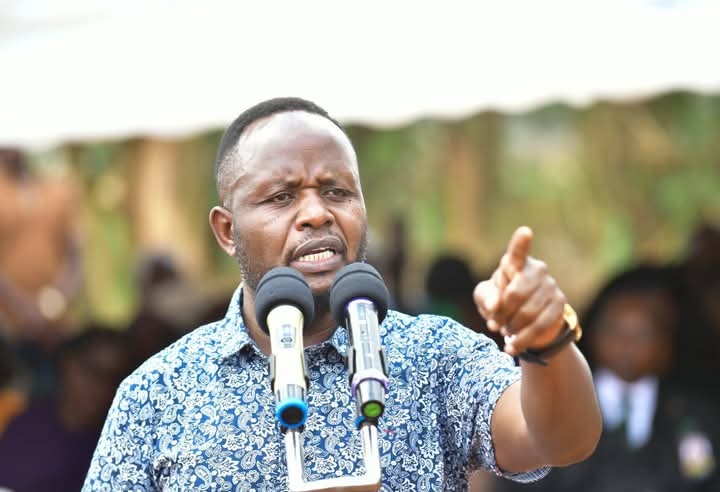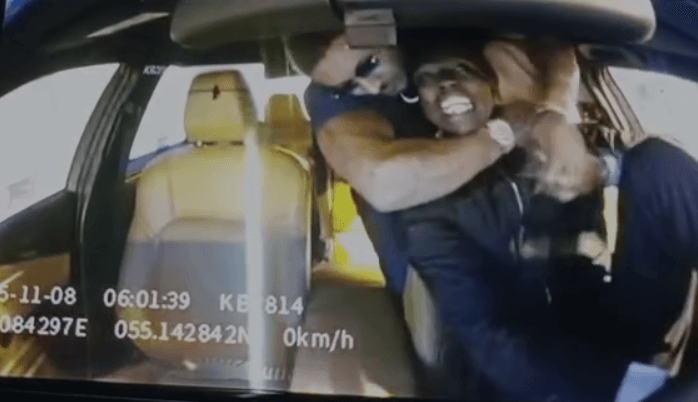Regional defence experts are meeting in Nairobi to discuss the way forward to address the emerging crisis in Eastern DRC.
The meeting of the East African Community (EAC) Defence Experts in Nairobi started Tuesday for two days to evaluate the current security situation in Eastern DRC and also propose new courses of action.
Officials said this is in line with the directives of the EAC Heads of State 20th Extraordinary Summit held in Bujumbura, Burundi on February 4, 2023.
The regional Heads of State met in an extraordinary meeting and ordered the military chiefs to meet and come up with new strategies to address the menace.
Brig Gen Silas Pacifique from Burundi, who is the chairperson expressed gratitude to Kenya and the Kenya Defence Force, for the warm welcome and hospitality accorded to the delegates since their arrival.
Details on what they agreed as the way forward in the meeting were scanty.
Budgetary constraints are among the issues affecting plans to address the crisis.
The meeting brought together delegates from seven partner states that include Kenya, Uganda, South Sudan, Rwanda, Burundi, the Democratic Republic of Congo, and the United Republic of Tanzania.
The troops are strategizing on how they will contain resurgent M23 rebels and other groups in eastern DRC.
This comes amid ongoing protests in Goma by locals against the regional force, East African Community Regional Force accusing them of siding with M23.
During the Bujumbura meeting, President William Ruto called on leaders from the EAC to urgently address the conflict in DRC.
He said the situation remains fluid as civilians bear the brunt of the conflict.
So dire is the state of affairs that Ruto said at least 27 million people are in acute need of humanitarian aid.
Ruto called for the immediate convening of the Nairobi-IV session of the Inter-Congolese Consultations as a follow-up on Nairobi-III.
The Extra-Ordinary Summit of EAC Heads of State was chaired by President Évariste Ndayishimiye of Burundi.
The one-day meeting brought together Presidents Samia Suluhu (Tanzania), Félix Tshisekedi (Democratic Republic of the Congo), Paul Kagame (Rwanda), Yoweri Museveni (Uganda), a representative of Salva Kiir (South Sudan) and the host.
Under Nairobi-IV, Ruto proposed, more local armed groups shall be contacted and engaged.
He said that even as the Nairobi IV plans are laid down, it will be essential to sustain the momentum built and the goodwill accrued from the Nairobi processes.
He commended armed groups which have come forward to express willingness to lay down arms and participate in the Programme on Disarmament, Demobilisation, Reintegration and Community Stabilisation.
“This signals the recognition that the time has come for the people of the DRC to work together in unity and build a secure, stable and prosperous nation.”
A mostly Congolese Tutsi group, the M23 (the March 23 Movement) leapt to prominence in 2012 when it briefly captured Goma before being driven out.
After lying dormant for years, the rebels took up arms again in late 2021, claiming the DRC had failed to honour a pledge to integrate them into the army, among other grievances.
The resurgence has ratcheted up diplomatic tensions, with the DRC accusing its smaller neighbour Rwanda of backing the group.
Rwanda denies providing any support for the M23 and accuses the Congolese army of colluding with the Forces for the Liberation of Rwanda (FDLR) — a notorious Hutu rebel movement involved in the 1994 genocide of Tutsis in Rwanda.
Former president Uhuru Kenyatta is leading peace talks in the region.



